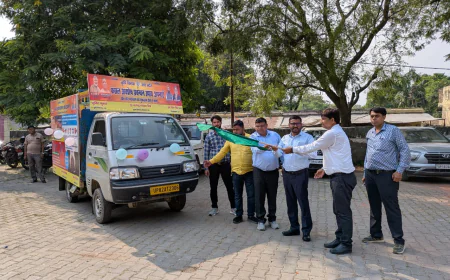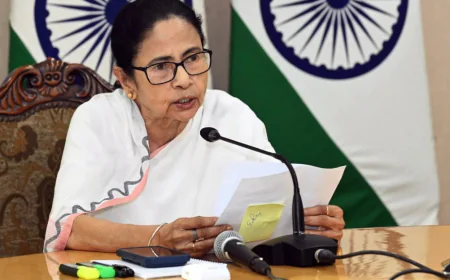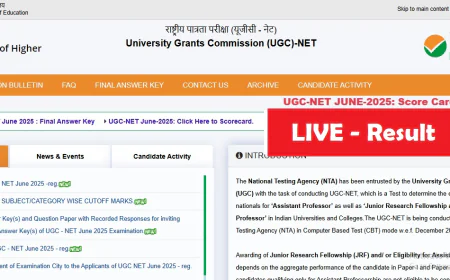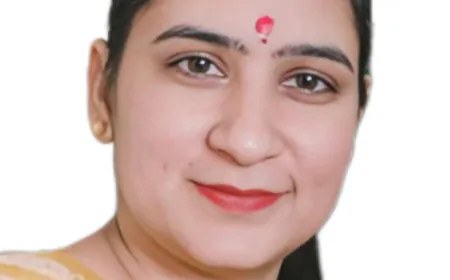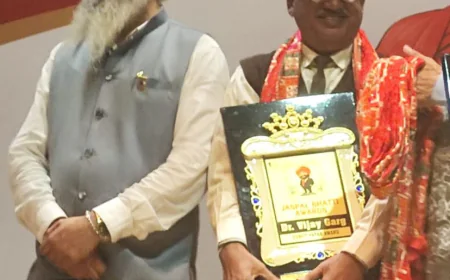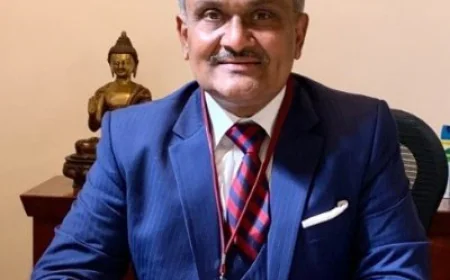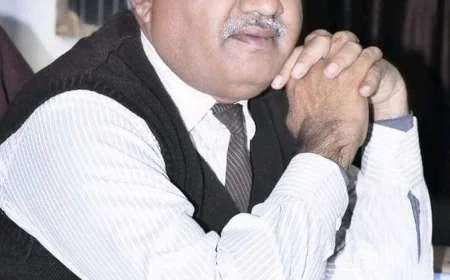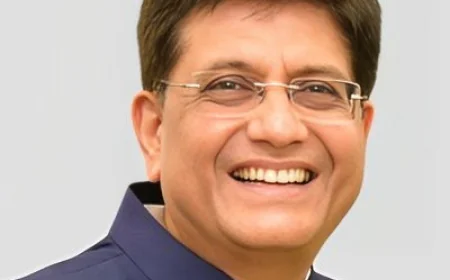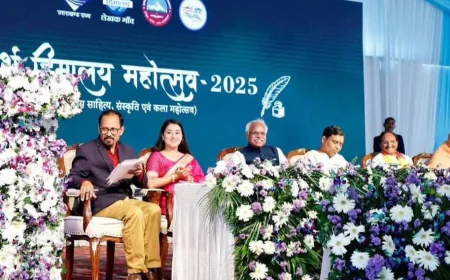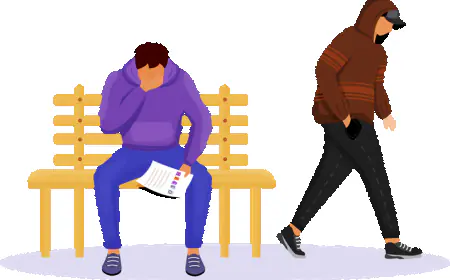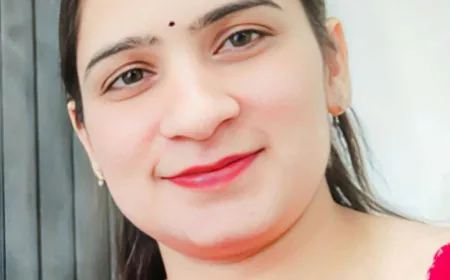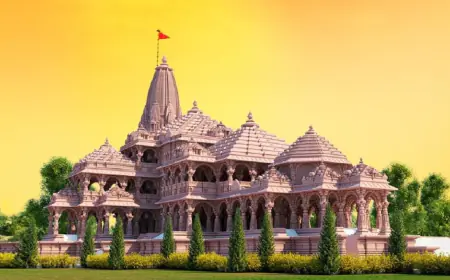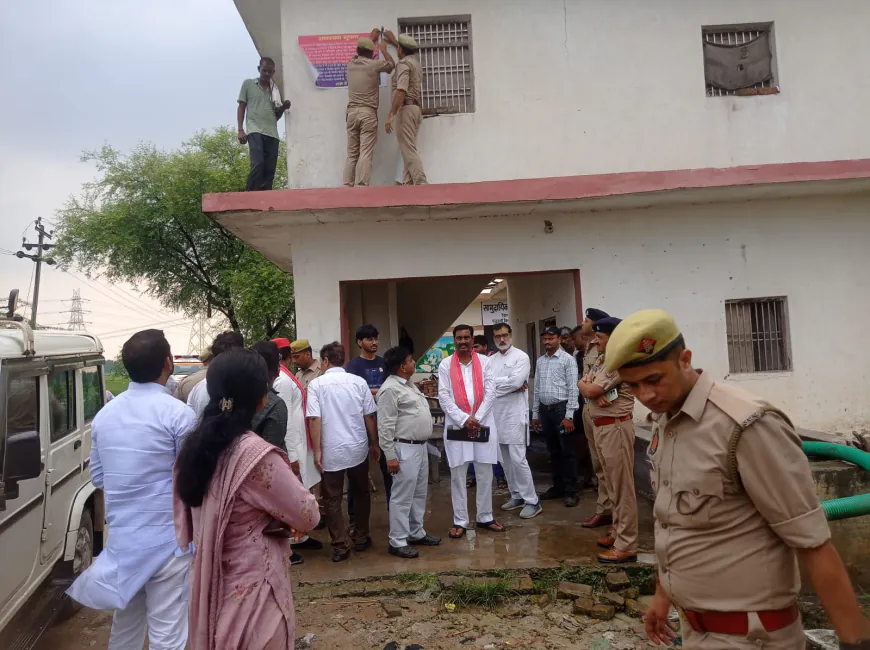Joint families are gradually getting over and the place for the elderly becomes less
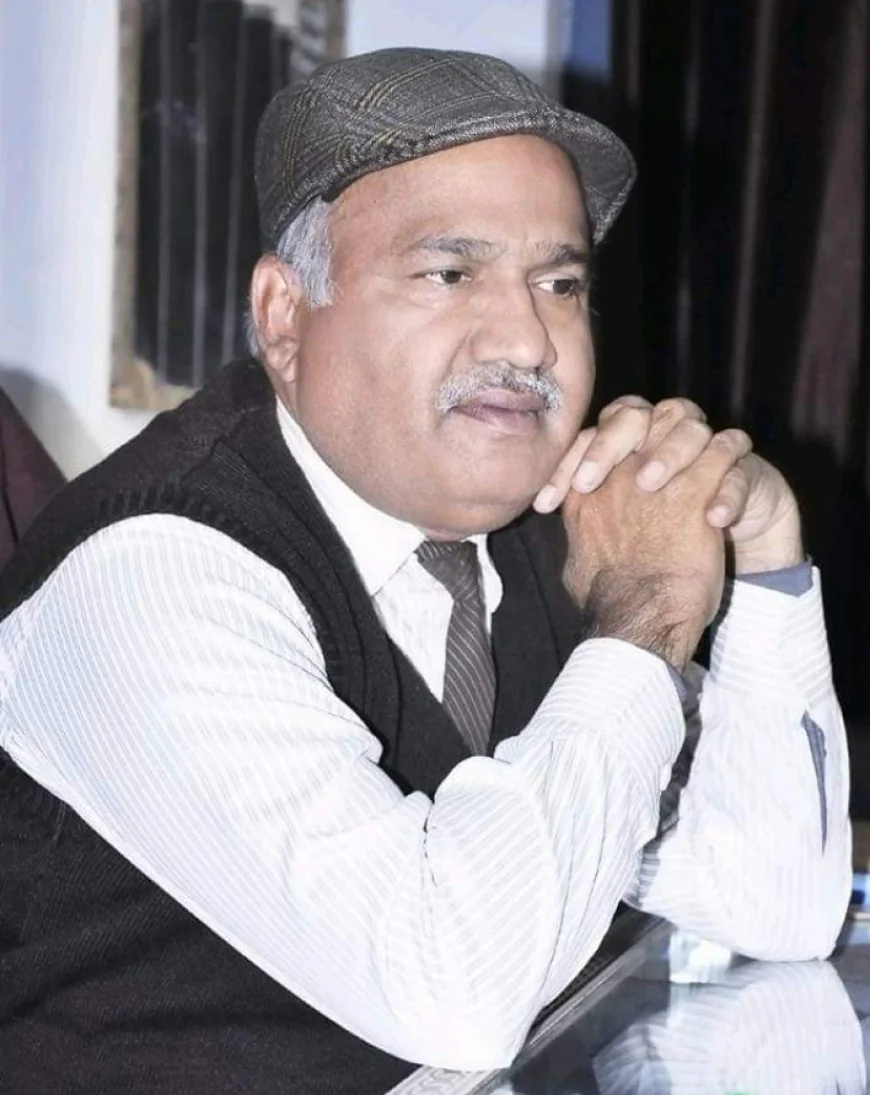
Joint families are gradually getting over and the place for the elderly becomes less.
A heart-wrenching incident in Ayodhya some engaged time ago has put out the plight of the elderly in India. The elderly woman, suffering from cancer, was loaded in e-rickshaws in the darkness of her own kin and left the roadside. The woman was so helpless that neither could speak nor could walk. This entire incident was captured in the nearby CCTV camera, which shows how a helpless woman was left on the road. Later he succumbed to the hospital. This is not a lonely incident. There is a layer of growing neglect and inhumanity towards the weavers in our society, at the bottom of which we do not go and ignore often.
Family values that taught us to respect the elders are now confined to books and customs. In today's time individualism is at its peak and the pace of life has become intense, in such a situation, the care of the elderly is seen as additional responsibility or burden. We are living in an age where traditions and modernity are colliding with each other. Joint families are slowly ending. Her place is taking a culture of L, in which space is reduced for the elderly. Lack of time for today's generation leading to economic independence and personal achievements and limitations of social commitments are burdening the care of the elderly. Demographic status of Bujugs in India is also becoming a social challenge. At this time, India has around 15 crore thirty lakh people aged 160 and above and estimates that by 2050, the number can reach 34 crore seventy lakh. By year 2031 the population of the elderly is likely to reach about 20.1% of the total population, which can lead to huge pressure on our social and economic infrastructure.
The flatness of the United Nations Population Fund also indicates that the pressure will not only increase health services in the coming years, but social security systems and family structures will also be deeply affected by this change. The proportion of the elderly is the highest in the southern and western parts of the country, especially Kerala and Tamil Nadu, which shows that these areas will have to adopt the earliest and effective strategies to deal with this demographic change. It is clear that India will not be able to live a young nation for a long time. In such a situation, our policies and attitudes change is necessary but population growth is not the only concern. The problem of abuse and neglect with the weavers is also emerging as a deep crisis in India. Many studies have shown that the rate of neglect of budgets inside the house is 47.5%, while the figure outside the house reaches 32%. In a study conducted in 22 cities in the year 2022, 35% of the elderly said that their sons abused them, 21% blamed the majority, while two% blamed the external assistants. These figures show that the older ones are most neglected by the same people whom they expect most protection and affection. Women's condition is even more pathetic. Compared to men they are more prone to mental, emotional, and economic exploitation, especially when they are widowed when their social and family condition becomes even more vulnerable. Awareness and access to government schemes are also extremely limited.
Only 55% about Old Age Pension Scheme, 44% about Widow Pension Scheme and only 12% of the elderly are aware of Annapurna Scheme. These figures not only point to flaws in policy making but also show how far behind we are at the awareness and implementation level. The situation in rural India is even frightening, where access to health services is negligible and the social security mechanism is almost absent. The root cause of this condition of the elderly is not only economic or health problems but also changes coming in family and social structure. Joint families who ever used to guarantee social security are shattered today. In the era of urbanization and globalization youth are turning to cities and abroad in search of better life, leaving the elderly alone in villages or small towns. Middle class families were previously considered to be the strongest basis for the care of the weavers, now they are struggling with economic hardship themselves. The increasing cost of treatment, care and rehabilitation is making them helpless. The growing work participation of women has given the traditional care challenge. It's a great pleasure to have you. Earlier women used to take care of the r bujuras at home, but today they lack time. Family disputes over property and succession also create derogatory conditions for the elderly. Mental health is such a subject between all these complications, on which neither the society opens up nor the government pays adequate attention.
Issues such as depression, loneliness, anxiety, and social isolation further deepen the silent pain of the weavers. Many elders do not tell their pain, because they feel that they have no voice in the society. Silence then turns into a social crime, when their neglect is assumed to be normal. The solution will not just come out of government policies. It requires a holistic, multi-dimensional and sensitive approach. The solution will not just come out of government policies. It requires a holistic, multi-dimensional and sensitive approach. The national policy for the aged is not only effective implementation but also amended in time so that it is in line with the present social and economic conditions. A necessary change in social thinking can be brought by running an awareness campaign at the community level. The participation of private sector and NGOs can bring an improvement in the quality of aged ashrams and develop ways of care that can balance between traditional and modern values There should be quick justice in cases of abuse with aged people so that society can get clear message that their neglect and exploitation is not acceptable at any cost. Families and communities such structures should be developed which can enable older people to live a respectable life. If we really want to become a developed nation, we have to make sure our growth is inclusive. No elders remain helpless, lonely and neglected.
Vijay Garg Retired Principal Educational columnist Eminent Educationist street kour Chand MHR Malout Punjab


